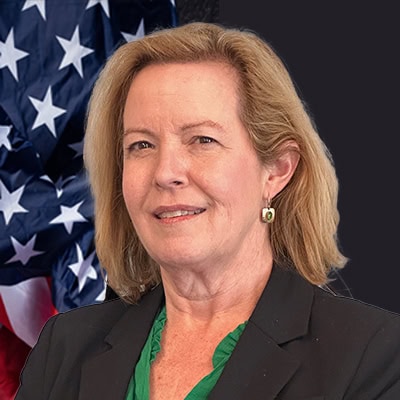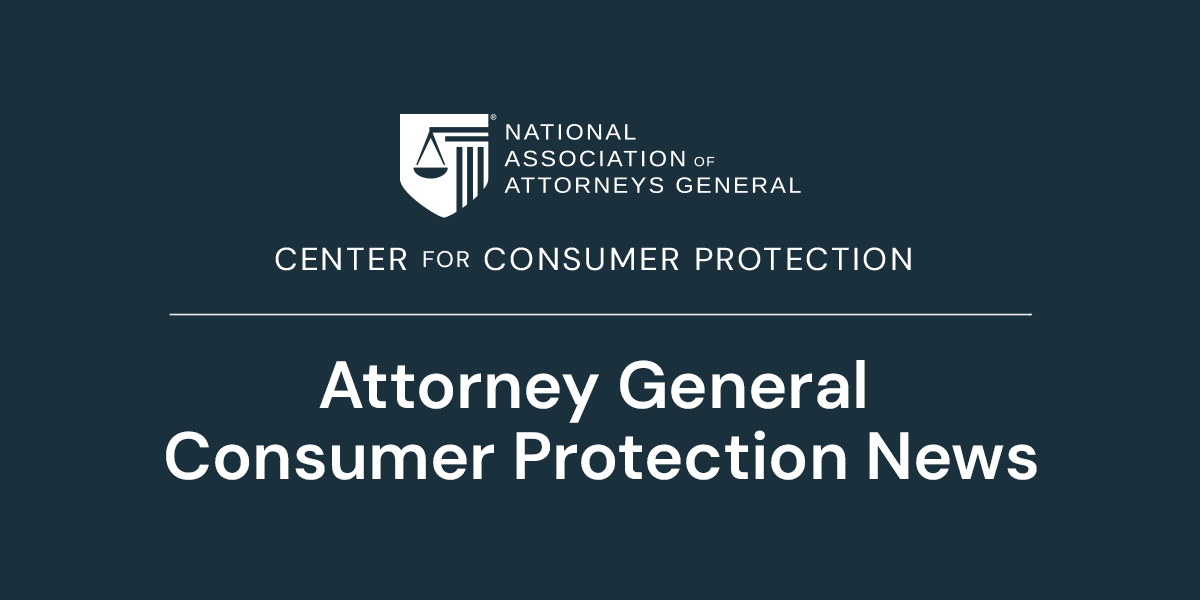Defending Voting Rights
Ensuring that service members and their families can exercise their right to vote, no matter where they are stationed.
Service Member Overseas Voting
November is National Veterans and Military Families Month. The National Association of Attorneys General, in recognition of their service, is highlighting topics important to active-duty service members, veterans, and their families. In light of the recent election, active-duty service members and veterans voting is in the spotlight.1
Federal law protects an active-duty service member’s right to vote in federal elections.2 In 1864, President Abraham Lincoln issued an order allowing active-duty soldiers to return home to cast a ballot if they could not vote absentee.3 Today, active-duty service members do not need to return home to cast a ballot. The Uniformed and Overseas Citizen Absentee Voting Act (UOCAVA) permits members of the United States uniformed services and merchant marine and their family members stationed overseas the opportunity to register to vote in federal elections and vote absentee.4 In 2022, 63% of active-duty military members were registered to vote.5
The UOCAVA had its foundations in the Soldier Voting Act of 1942, enacted during World War II to assist military personnel in voting in federal election. The Soldier Voting Act was enacted just a few weeks before the 1942 general election, and only 28,000 soldiers—out of the over 5 million military personnel stationed overseas—voted that year.6 Since then, Congress has enacted various laws in order to improve the ability of service members to vote.7
Today, active-duty personnel can fill out a Federal Post Card Application requesting a registration form from their state of residence.8 After registering to vote in their state of residency, state election officials mail service members a ballot. Once service members have marked their ballots, the marked absentee ballots are given expedited delivery service by the U.S. Postal Service and Military Postal Service and no postage is required.9 If the Military Postal Service mail has not caught up with the service member in time, the UOCAVA also provides for write-in absentee voting in general elections for federal office.10
Once separated from active duty, veterans transitioning back to civilian life in the United States register to vote in their state of residence, just like the rest of us. Veterans are 8% more likely to vote than non-veterans.11 In 2020, 74.1% of veterans reported voting in the general election compared to 66.1% of non-veterans.12 Veterans who choose to permanently reside abroad after their service are still covered by UOCAVA. The Federal Voting Assistance Program established by UOCAVA aids voters through its partnerships with the military services, the Department of State, and election officials from 50 states, U.S. territories, and the District of Columbia.13
Endnotes
- See 52 U.S.C. §§ 20301-20311. [↩]
- 52 U.S.C. § 20301. [↩]
- R. Michael Alvarez, Thad E. Hall, and Brian F. Roberts, Military Voting and the Law: Procedural and Technological Solutions to the Ballot Transit Problem, CALTECH/MIT Voting Technology Project, VTP Working Paper #53, Pasadena, CA and Cambridge, MA, March 2007, pp. 12-14. [↩]
- 52 U.S.C. §§ 20302, 20310. [↩]
- 2022 Federal Voting Assistance Program Report to Cong. (Aug. 3, 2023), p.12. [↩]
- Coleman, Kevin J., Cong. R. Serv. (Oct. 16, 2016) The Uniformed and Overseas Citizens Absentee Voting Act: Overview and Issues, (CRS Report No. RS20764), p.1; “Should Soldiers Have the Vote?,” Newsweek, December 1943, pp. 54,59. [↩]
- The Soldier Voting Act of 1942 (P.L. 77-712, amended in 1944), the Federal Voting Assistance Act of 1955 (P.L. 84-296), the Overseas Citizens Voting Rights Act of 1975 (P.L. 94-203; both the 1955 and 1975 laws were amended in 1978 to improve procedures) preceded the Uniformed Overseas Voting Act of 1986. [↩]
- 52 U.S.C. § 20302(a)(4). [↩]
- 52 U.S.C. § 20304(b)(4); 39 U.S.C. § 3406(a)(1). [↩]
- 52 U.S.C. § 20302(a)(3), (f). [↩]
- U.S. Census Bureau 2020 Current Pop. Survey Voting and Reg. Suppl., Table 13. [↩]
- Id. [↩]
- Coleman, Kevin J., supra, p. 7. [↩]





